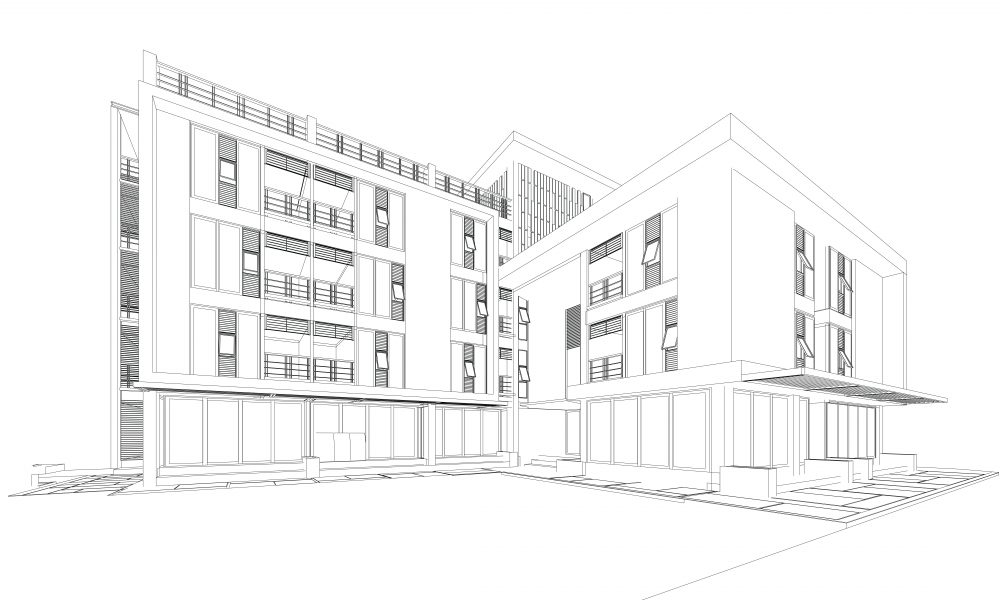Want to take more control over how your block is managed, but not sure which is the best option? If you own a leasehold property and would like to exercise some control over how your development is managed, it’s important to understand the options available to you and your fellow leaseholders.
The leasehold law specialists at Brady Solicitors weigh up the pros and cons of two options, Right to Manage and Appointment of a Manager.
Right to Manage (RTM) – the facts
Right to Manage (RTM) gives leaseholders the ability to take over the management of their block through setting up an RTM company. RTM offers the greatest degree of control and is generally used by leaseholders who are unhappy with how their block is being managed – but there are strict eligibility criteria and processes to be followed.
To begin the work to set up an RTM company, you will need the support of at least 50% of the leaseholders and, ideally, at least one or two leaseholders who are willing to act as directors.
There are also qualifying criteria for the development.
It must be structurally detached, and this includes any aspects underground such as a car park or gym facilities that might be shared with other buildings. The development must also be no more than 25% commercial. Assessing the residential / commercial split can be difficult and you may need expert advice.
Right to Manage is ‘non-fault’ based. This means that leaseholders do not have to prove that the managing agent has been negligent or otherwise incompetent.
The freeholder has limited rights to refuse an application for Right to Manage.
It is important to note that the freeholder can recover the costs they incur in responding to your RTM claim notice.
Our experience of handling scores of RTM applications has shown that freeholders are increasingly willing, prepared, and able to mount defences to an RTM claim notice. This should not deter you from pursuing Right to Manage as a way of taking control of your block, but it should encourage you to ensure that you are well prepared and have a sufficient fighting fund in case you do face a well-structured defence.
If the application is successful, the RTM company would then take over the management of the block from the freeholder, including appointing its own managing agent.
What are the costs involved in Right to Manage?
There is generally a minimum cost for small blocks and a set-up fee for the RTM company itself. The cost will vary depending on the number of flats, but participating leaseholders should expect to pay upwards of £200 each. We would also recommend creating a fund for further costs and the freeholder’s legal expenses. Should the freeholder oppose the RTM application on the grounds of a technicality in the qualification or process, then costs can be £3,000 to £5,000. Brady Solicitors has tactics to help you to avoid the freeholder opposition and the associated costs.
The advantages of Right to Manage
- Gives the greatest control over management of the development.
- Allows you to appoint your own managing agent.
- No need to prove fault.
- Limited grounds for opposition by freeholder.
The disadvantages of Right to Manage
- Needs willing and capable directors.
- Can lead to conflict between residents and directors.
- Strict eligibility criteria mean it is not suitable for every block.
- Procedural minefield – freeholders can oppose on small errors.
- Leaseholders are liable for the freeholder’s legal costs.
- It only creates the ability to choose a managing agent and control insurance
Appointment of a Manager – the facts
Leaseholders unhappy with the service from their managing agent can make a claim to the First-tier Tribunal to appoint a manager by removing the current managing agent. Appointment of a Manager is a fault-based process and does not need a minimum number of leaseholders, but it does need to specify the areas of discontent.
The first step in Appointment of a Manager is to issue the freeholder with a ‘preliminary notice’ (also referred to as a section 22 notice), detailing the areas of concern over the management of the property, and giving them the chance to put them right.
If the freeholder fails to remedy the matters set out in the preliminary notice, the leaseholders can then proceed with an application to the First-tier Tribunal (FTT). At this point, leaseholders should also put forward a potential candidate for the manager role.
The FTT has the power to appoint a manager in place of the landlord or RTM company, so long as the statutory grounds can be established, and it is “just and convenient” to do so.
The statutory grounds for making an application for Appointment of a Manager:
• The person complained about (usually the freeholder or the RTM company) is in breach of an obligation under the lease relating to the management of the building; or
• Unreasonable service charges have been made, been proposed, or are likely to be made; or
• Unreasonable variable administration charges have been made, been proposed, or are likely to be made; or
• There have been breaches of the relevant codes of practice under the Leasehold Reform Housing & Urban Development Act 1993.
If the application is successful, the FTT will grant an order to appoint a manager. The freeholder then ceases to have management control over the building to the extent set out in the Tribunal’s order.
The FTT can require the freeholder to provide all necessary handover documentation, accounts and other information to the new manager as is necessary for the management of the building. The managing agent is then responsible only to the Tribunal – they are not required to seek or accept instructions from the freeholder or leaseholders.
What are the costs involved in Appointment of a Manager?
A written hearing will be in the region of £3,000. A full hearing in the First-tier Tribunal, with the chance to present arguments and interview the new Manager in the Tribunal will cost around £5,000, depending on the complexity and amount of evidence.
The advantages of Appointment of a Manager
- Manager reports to the FTT, not the freeholder or managing agent, so is truly independent.
- Process can be started by a single leaseholder.
- Appointment is for a fixed term so more complex maintenance can be costed and carried out.
- Can be a useful tool where the residents cannot work collectively.
The disadvantages of Appointment of a Manager
- Fault-based criteria must be proven, with evidence at a hearing if necessary.
- Manager not controlled by any party so the residents will not have an increased say in how the property is managed.
- The term is fixed by the FTT.
Right to Manage and Appointment of a Manager each brings its own practicalities and complexities, so it is important to arm yourselves with all the available information and take advice from a specialist block management law firm.





